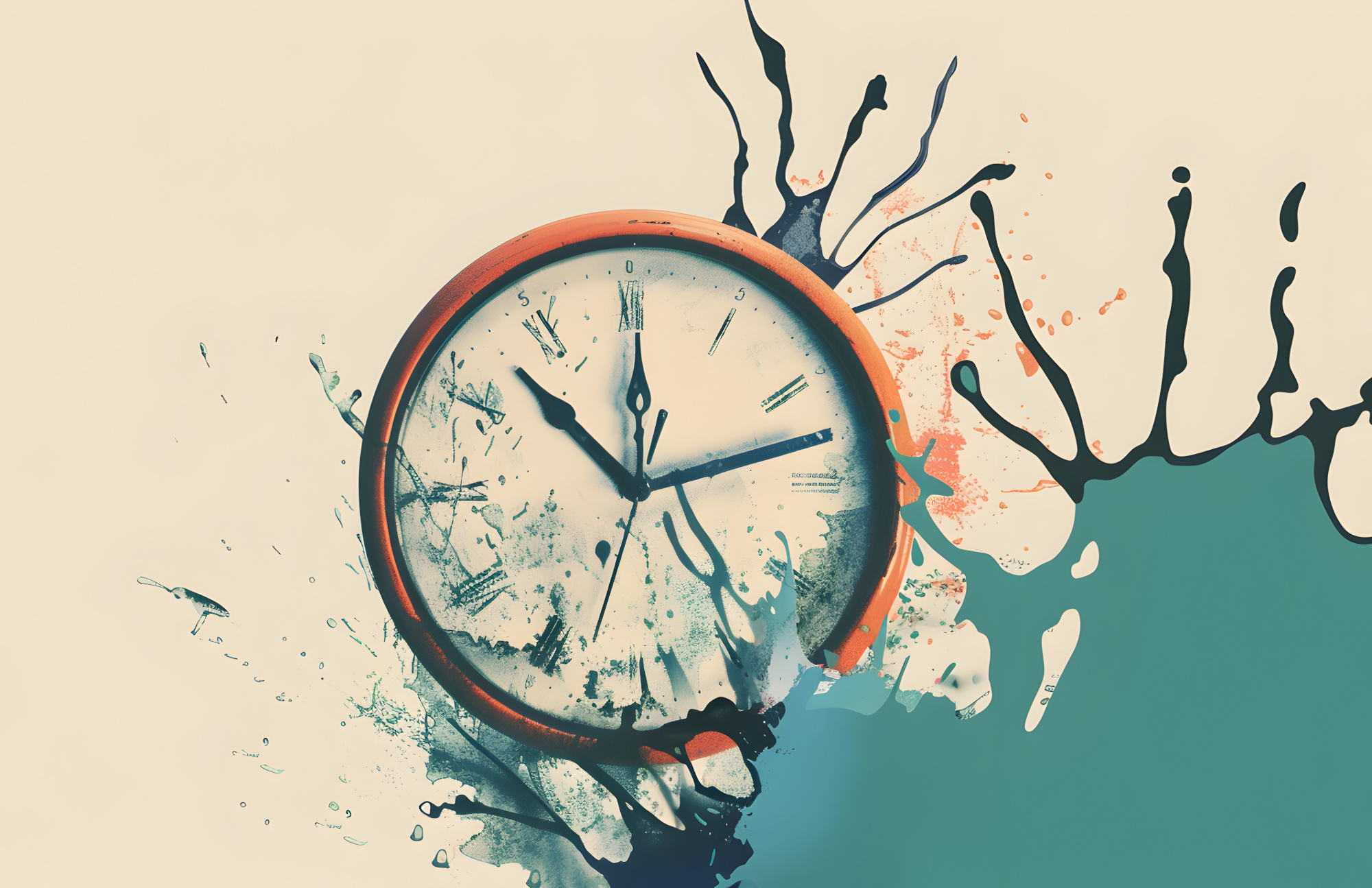Addiction can eat at families. In a 2018 survey, one in nine Americans reported using illicit drugs in the last month. Their addictions inconvenienced their lives, and it worsened their bonds with their family members.
It is essential that family addiction conversations take place. But most are awkward and ineffective.
How should family members talk about addiction? How can children be supported? What resources are available for good conversations and additional therapy?
Answer these questions and you can engage in meaningful dialog with your family on addiction. Here is your quick guide.
Become Educated
Family communication becomes a problem when misconceptions of addiction are commonplace. Many older people assume that addiction is a moral failing caused by choices that a person makes.
In reality, addiction is a biological phenomenon. The brain produces pleasurable hormones in order to induce a person into performing healthy activities. Drugs can trick the brain into producing high amounts of hormones, eventually resulting in addiction.
Addiction also has genetic components. People with certain genes are more likely to use drugs than people without those genes.
Outside of the body, addiction has environmental factors. Cultural values can trigger addiction by providing scenarios to consume drugs. Wine consumption is common in several religions, and performing a ceremony can cause someone to relapse.
It is important for families to educate themselves on solutions as well. 12-Step programs are among the most common treatment plans for addiction.
They work for many people, but they are not perfect. Some people may need to check themselves into an inpatient clinic. Others may need specialized outpatient measures like adventure therapy.
Once all members of a family have educated themselves, they can engage in addiction communication. Conversations should focus on solutions, not on potential causes or problems.
Avoid Blame
It is essential that children understand that they are not to blame for parental addiction. Children should learn that they did not cause their addiction, and they cannot cure or control their parents. But they can take care of themselves and make healthy choices.
Family members and counselors can affirm children by reiterating these messages. They should meet with children individually and give them space so they can lay out their concerns.
People with addiction may blame themselves for what happened. They also blame someone else, pointing to traumatic episodes in their lives.
It is true that childhood trauma can trigger addiction. But refusing to seek help because someone else is “responsible” is the wrong approach. People with addiction should stop focusing on blame and talk to others about remedies.
Avoiding blame does not mean ignoring what family members have been through. Spouses and children of people with addiction may have suffered from traumatic events.
If they don’t want to communicate with the person with addiction, they have the right not to. But they should focus on improving themselves instead of getting angry at someone else.
Connect With Peers
Families should always connect with trained professionals before engaging in addiction support. They can contact a local drug treatment center, or they can touch base with an organization like the National Institutes of Health.
Whenever possible, conversations about addiction should take place with a trained professional running it. They can give information about addiction, or they can moderate the meeting and move conversations along.
Anyone who wants additional support can seek group support. There are resources available for family members of people with addiction. If they aren’t comfortable speaking in a group setting, they can go one-on-one with a counselor.
Family members should connect with their friends. Dealing with addiction is emotionally exhausting, and friendships give opportunities for catharsis and rejuvenation.
Family Addiction Therapy Sessions
If it is hard for a family to offer support or hold conversations, they can go to formal therapy sessions. A therapist can offer more than moderation in a conversation on addiction.
Therapists can help a family deal with a number of issues. If they have difficulty making ends meet, a therapist can help them brainstorm strategies.
Therapists focus on developing skills. Coping skills allow individuals to figure out how they can deal with overwhelming emotions. A therapist can instruct certain people on how to talk or write about their feelings.
Communication skills are very important. If someone is struggling with speaking up, a therapist can teach them how to do so.
Affirm the Family Unit
In between conversations about addiction, families should try to focus on their unit. They should share meals with each other, and each person should have a role in preparing them. Someone can cook an entree while someone else prepares an appetizer.
They should have outings together. Participating in group games like bowling teaches teamwork and good sportsmanship. Going to outdoor settings like national parks can be calming and refreshing for the mind.
It takes time for all family members to feel secure in their unit. They should try to perform outings and activities every day. When it feels appropriate, they can sit down and talk.
Get Support
Family addiction conversations can work. All participants must educate themselves on the causes and solutions of addiction. As they engage in conversation, they should avoid casting blame.
If conversations are not going well, families should turn to therapists for help. They should build skills so they can deal with their emotions and learn about how to communicate better.
Families should take every opportunity to build trust among members. Meals and outings are great chances for this.
Whatever your experience is with addiction, you can get help. The Ohana is a world-class outpatient center in Hawaii. Contact us today.







